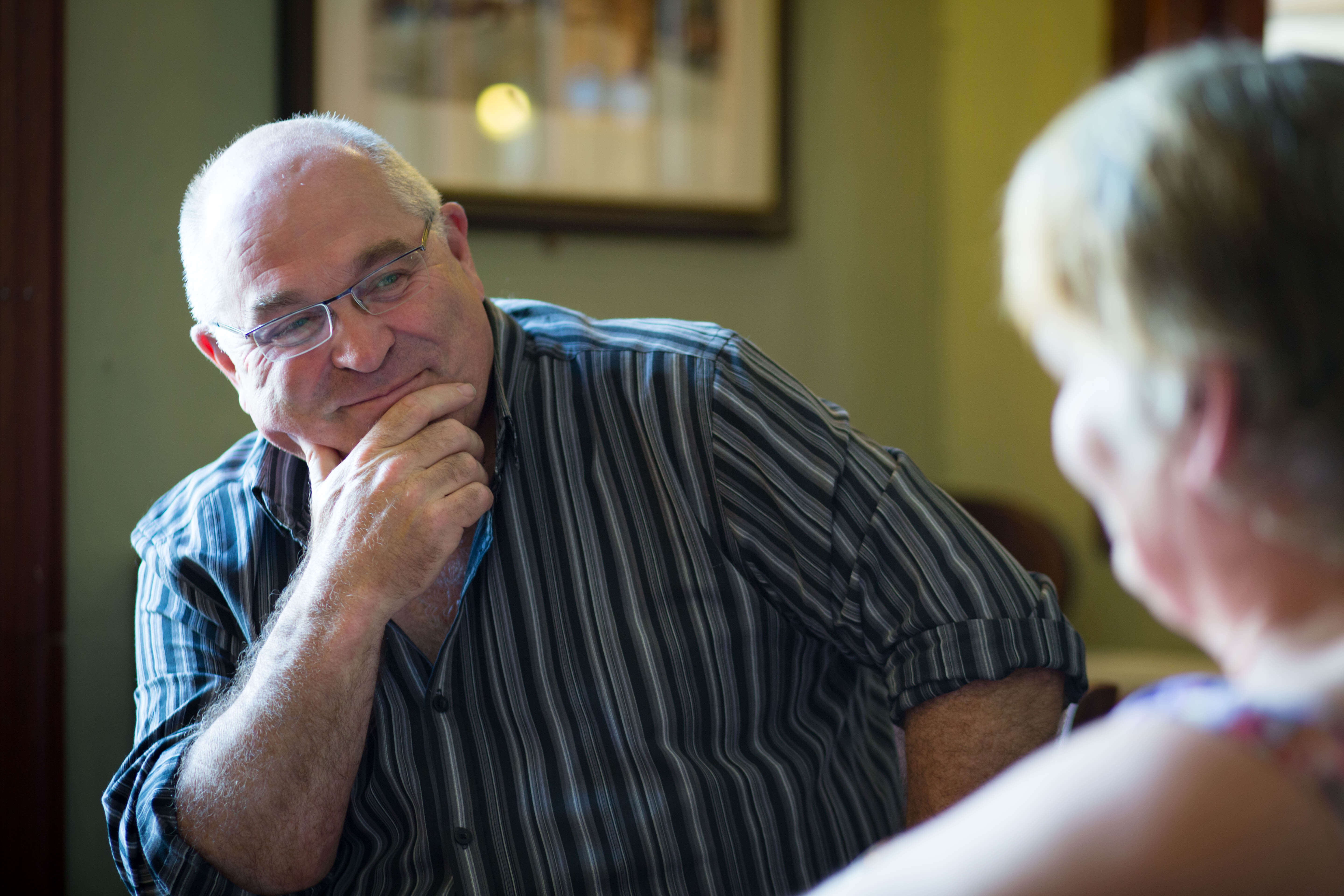Relational care
Relational approaches to care are based on a deep understanding of relationships and human development.

Relational approaches to care offer a clinically focused, highly accessible way for practitioners to make sense of their own emotional experiences at work, as well as deepening their understanding of the emotional experiences of others: people seeking care, colleagues, managers, and even the emotional life of organisations.
With roots in psychoanalysis, relational approaches to care are built on psychodynamic theories of growth, development, and interpersonal communication as well as consideration of wider sociopolitical influences. These ways of thinking and working have been shown to help increase practitioners’ compassion, professional optimism and confidence, and to reduce frustration and burnout.
Current opportunities
Our programmes and study days focus on contemporary relational knowledge and skills for complex clinical work, enabling practitioners to extend their capacity for expert relational practice in their own professional context. When we have opportunities you can apply for, we will advertise them here.
Previous programme (Complexity and Adversity Network 2022/23)
In 2022/23 we delivered a programme of online workshops for community nurses and midwives in primary care working in some of the least affluent areas in Scotland. We know that populations in these areas have much greater rates of adverse childhood experiences. This matters for later relationships, including relationships with health and social care providers. Recognising the impact of adversity means adapting clinical practice, and adapting the organisation of services, to account for the ambivalence felt by traumatised people when they access healthcare.
Building on the work of Scotland's Deep End GPs, the workshops focused on the importance of the relationship between the person receiving care and the person providing it. By drawing on contemporary psychodynamic ideas, the workshops aimed to deepen participants’ abilities to understand how this relationship works, make sense of all the things that influence it, and figure out how to respond in ways that strengthen it.
Our programme comprised monthly seminars with guest speakers and facilitated reflective practice groups over ten months and was funded by the Burdett Trust for Nursing and QNIS. We developed it with support from Human Development Scotland.
Depending on the availability of funding, we are hoping to develop the workshop programme further and would like to deliver it again in the future. Contact us if you would like to know more.